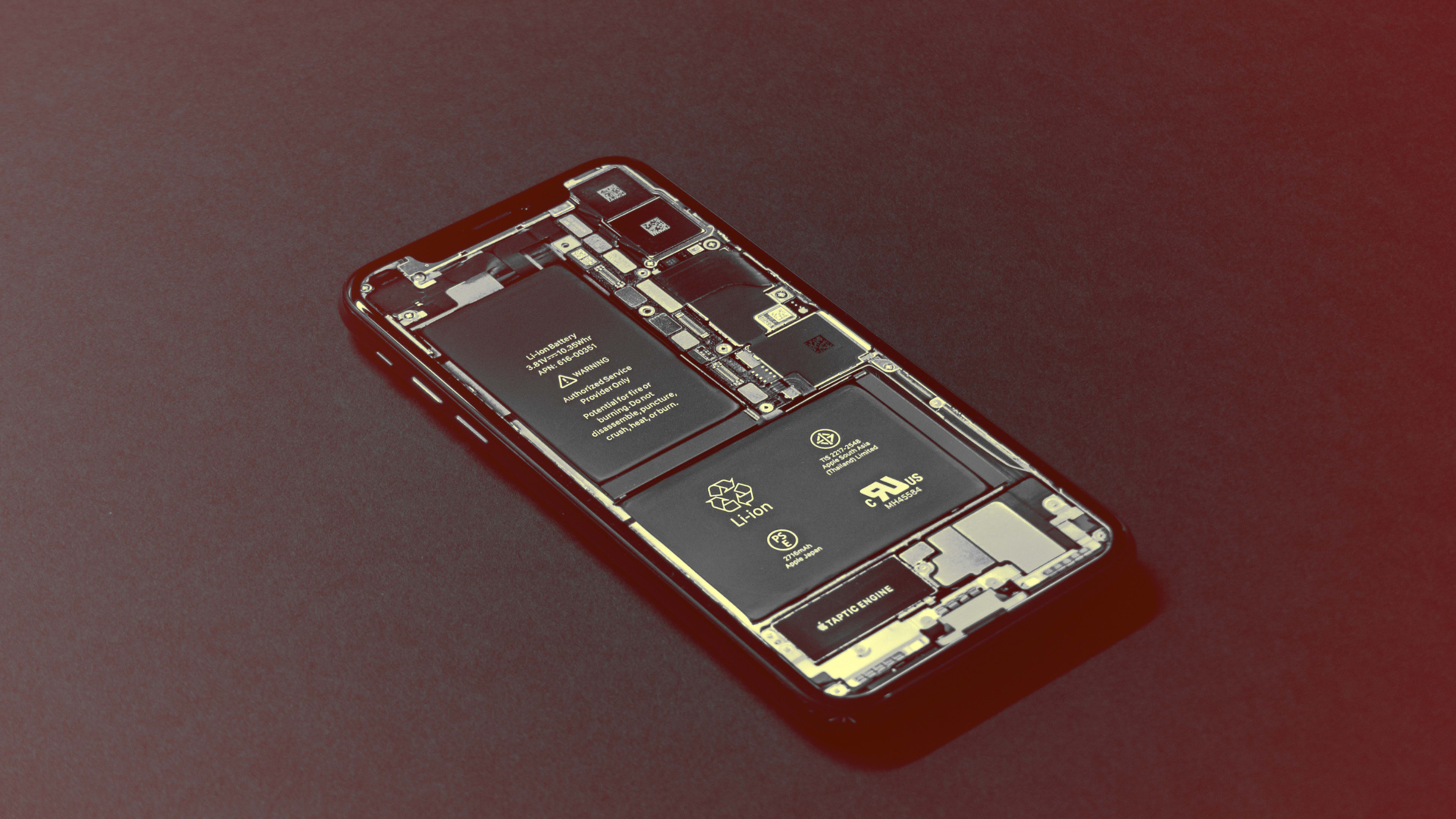Typically, when your iPhone or MacBook breaks, you have to go to the Apple store and wait in line at the Genius Bar until they can use their proprietary diagnostic tools on your device to tell you what’s wrong and how much it will cost to fix it. If the laptop or phone is out of warranty, it will probably be expensive to fix. While other companies can repair Apple products, the risk is that it can invalidate the warranty, putting consumers in a tight spot. That’s where right-to-repair activists come in. Consumer Reports (CR), the EFF, and iFixit, among others in the growing movement, have been fighting for standards that would force manufacturers to make it legal and practical for consumers, or independent repair shops, to fix devices.
In the past, Apple has restricted the types of repairs that independent companies can do, arguing that it was too difficult for independent companies to perform repairs, and that such repairs could endanger the security of Apple products. The company has also joined others in the tech industry to fight legislation that would make it easier for consumers to repair their Apple hardware.
But as the right-to-repair movement grows–the EU and at least 18 U.S. states have draft laws in the works–the company may be relenting. Motherboard reports that an internal Apple document shows the company may be shifting its stance. A presentation sent to some repair companies in April 2018 indicates that Apple has given them access to Apple diagnostic software, a wide variety of genuine Apple repair parts, and repair training. It also places no restrictions on the types of repairs that independent firms are permitted to do.
“Manufacturers say it would undermine their security model, but if it’s possible for them to do what this document is saying and roll out their diagnostic software to thousands of unaffiliated companies, then lobbyists have been lying to legislators,” iFixit’s Kyle Wiens told Motherboard.
Whether Apple is bracing for future right-to-repair legislation or has realized that fighting your own customers is not the best way to earn loyalty, if Motherboard‘s findings are accurate, this could be a big boost for consumer rights.
Then again, the newly seen documents could be a way for Apple to pre-empt legislation. “It’s an attempt to reduce pressure from the public for the right to repair legislation,” said Wiens. “They’re negotiating on their own terms.”
Of course it’s not just Apple that has been holding tight to repairs. Companies like LG, Samsung, Microsoft, and John Deere have made it difficult for consumers to have their products fixed at places other than “authorized repair” shops.
Senator Elizabeth Warren (D-MA), who is running for the Democratic presidential nomination, wrote a post on Medium this week outlining a plan to enact a national right-to-repair law if she is elected. While her take on right-to-repair laws focused on tractor repair and “leveling the playing field” for American farmers, tech consumers across the board, and companies like Apple, are paying closer attention.
Recognize your brand’s excellence by applying to this year’s Brands That Matter Awards before the early-rate deadline, May 3.
